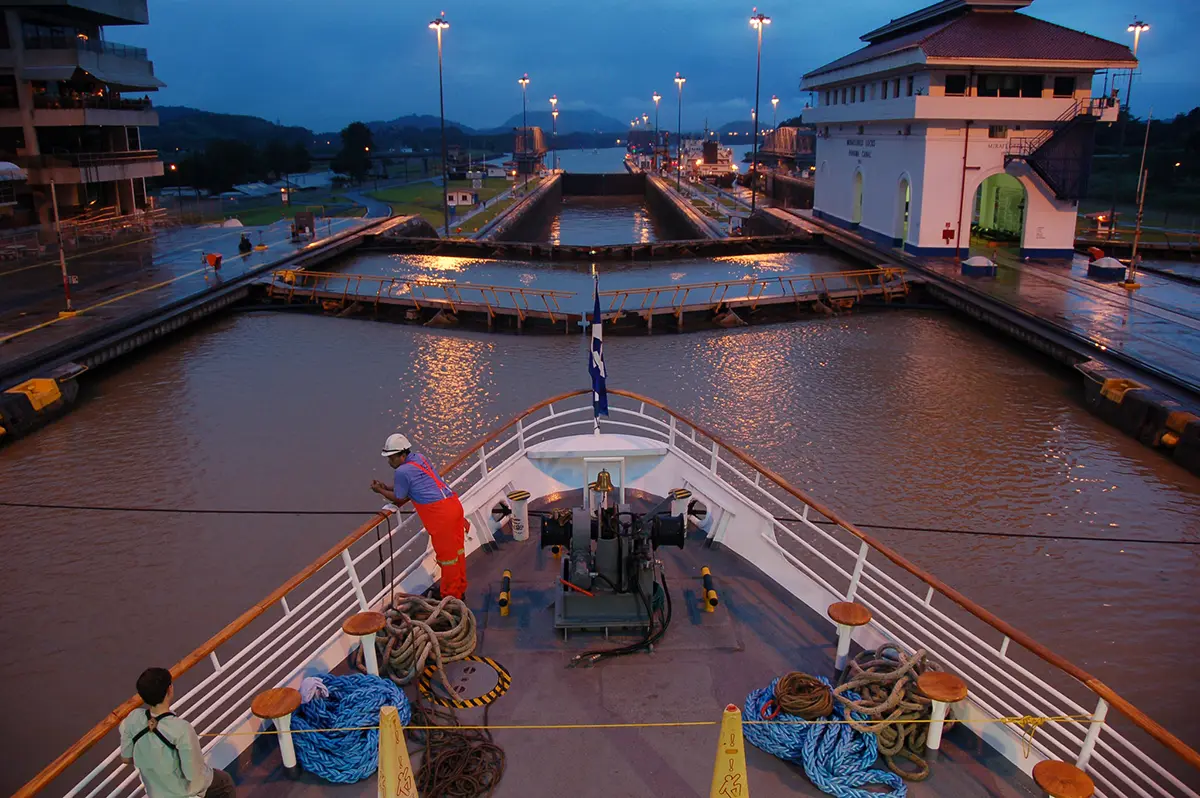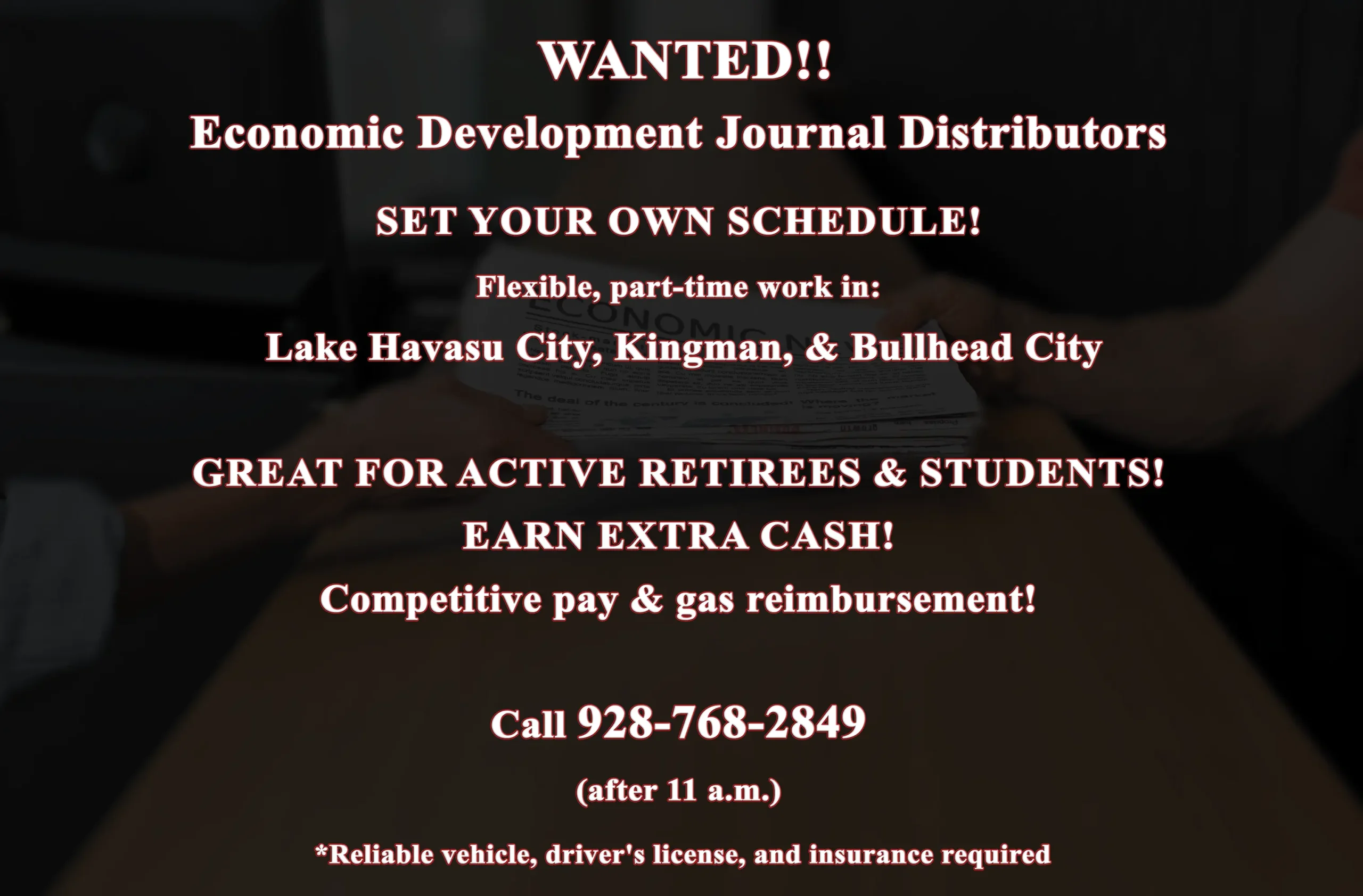The Drying Lifeline: Panama Canal’s Water Crisis
The Panama Canal, one of the world’s most crucial arteries for global trade, is facing an unprecedented crisis due to severe drought conditions. “Severe drought has caused water levels to drop, forcing authorities to restrict how many ships can use the canal,” reported Euronews. The drought has led to a significant backlog in shipping, affecting global supply chains and causing delays during peak seasons like Christmas.
The Ripple Effect: Global Trade in Jeopardy
The drought’s impact on the Panama Canal has had far-reaching consequences for global trade. “Ongoing drought conditions and Panama Canal restrictions due to lower water levels are causing massive shipping congestion at the key trade route,” CNBC noted. The situation has become so dire that the canal’s managers expect a fall in income, according to AP News.
The crisis has also led to inflationary pressures. “Panama Canal water levels are dangerously low because of a massive drought and it could mean bad things for global inflation,” reported Fortune. With the canal serving as a vital link between the Atlantic and Pacific Oceans, the drought-induced restrictions have disrupted the flow of goods, affecting economies worldwide.
Climate Change: The Underlying Culprit
Experts point to climate change as a significant factor exacerbating the drought. “Drought, aggravated by the burning of fossil fuels, is slowing down the ship traffic that carries goods in and out of the United States,” stated The New York Times. The situation has prompted discussions about the need for the canal to adapt to changing climate conditions. “The Panama Canal, an engineering wonder allowing ships to travel between two oceans, is seeking to adapt to climate change after a biting drought,” reported Phys.org.
The Future: Adapt or Perish
As the drought continues to plague the Panama Canal, there is a growing consensus that immediate action is needed. “The worst drought for 70 years has forced officials operating the Panama Canal to impose strict draught limits to boats,” mentioned CIPS. The canal’s authority has been issuing advisories to increase restrictions on large vessels since March 2023, as reported by Circle of Blue.
The crisis has led to calls for innovative solutions to ensure the canal’s sustainability. “The ACP described this year’s drought as ‘unprecedented’ and 2023 has so far been the driest year on record since 1950. ‘We have implemented water-saving measures in the face of this unprecedented drought,'” stated Seatrade Maritime.
In this unfolding crisis, the Panama Canal stands as a stark reminder of the vulnerabilities in our global trade infrastructure. The severe drought has not only disrupted shipping but also highlighted the urgent need for adaptive strategies in the face of climate change. As the world watches, the Panama Canal’s future hangs in the balance, serving as a litmus test for how well humanity can adapt to our changing planet.
Jeremy Webb
Based in Mohave Valley, Arizona, Jeremy Webb is a dedicated website designer and developer with a keen eye for detail. Transitioning from a background in retail sporting goods management, he now crafts digital spaces that resonate with audiences. Beyond the screen, Jeremy is a passionate writer, delving into topics ranging from business innovations and Arizona’s unique landscapes to the latest tech trends and compelling local narratives. Visit his website at JeremyWebb.Dev




























